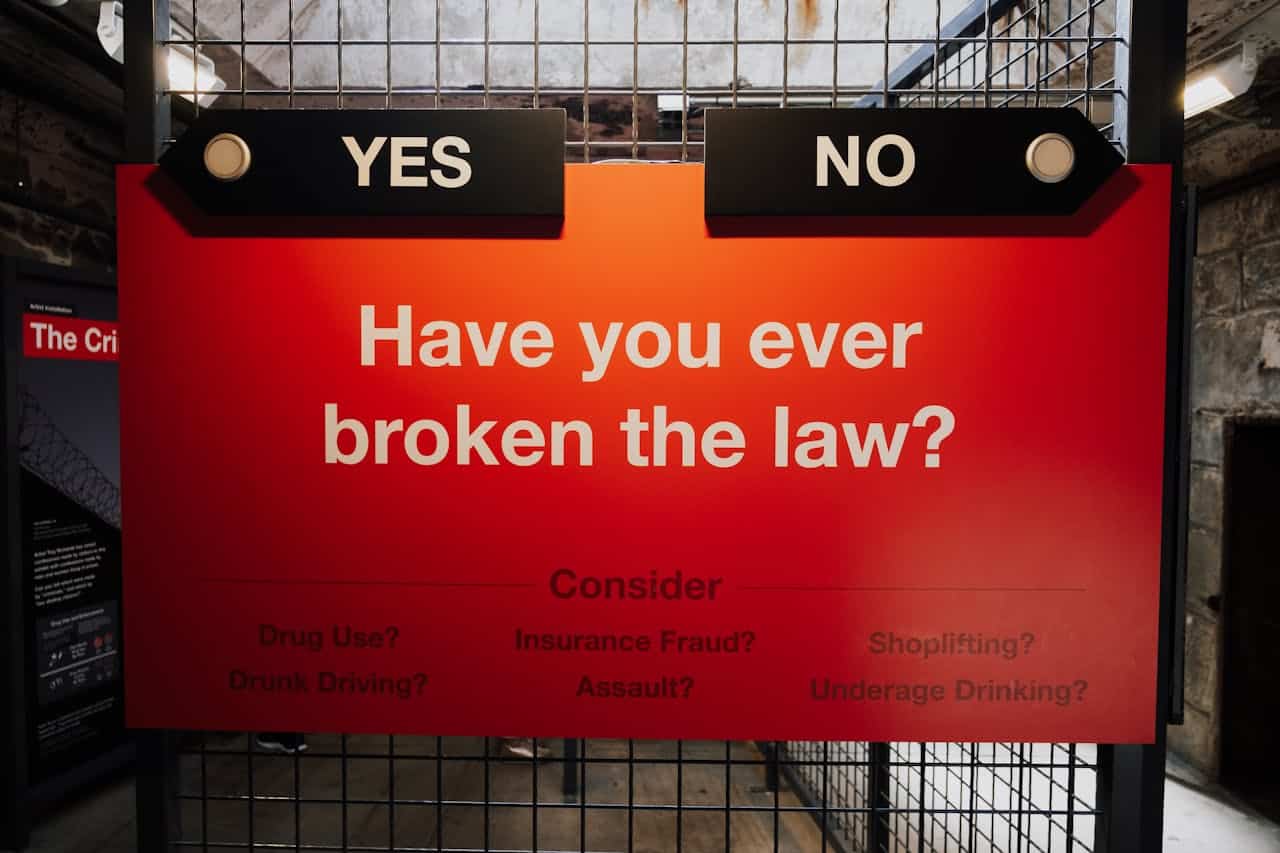
03 Feb What Are Property Crimes?
Property crimes are just what they sound like—crimes against someone else’s property. In fact, property crimes are the most common crimes in Arizona. This category includes acts like theft, robbery, burglary, vandalism, trespassing, and more. And depending on the circumstances, property crimes can be charged as either a misdemeanor or a felony. So no matter what, if you are facing criminal charges for property crimes, you need a good lawyer.
Types of Property Crimes
Property can refer to many items, including things like a home, vehicle, jewelry, clothes, land, or even pets! There are several types of property crime in Arizona. Each one has a different definition, and the punishments can range from fines and fees to imprisonment. The three main types of property crimes are stealing, destroying, or trespassing on another person’s property.
Stealing Another’s Property
Taking another person’s property can be other crimes besides theft. There are several different ways to steal another’s property and all have slightly different definitions.
- Robbery: This crime involves taking another person’s property without their permission by using force or threats. The force or threat must be immediate, which is what makes robbery different from extortion.
- Extortion: The Arizona penal code defines this crime as the use of threats or force to obtain permission to take another person’s property.
- Theft: Arizona defines theft as taking another person’s property without authorization. There do not need to be any interactions with the owner for someone to be charged with theft.
- Shoplifting: Taking items from a store, rather than an individual.
Destruction of Another’s Property
Ruining another person’s property is another thing that can land someone in legal trouble in Arizona.
- Arson: In Arizona, arson is the act of intentionally causing a fire or explosion that then causes property damage or endangers other people.
- Vandalism: This crime is defined as the destruction or defacement of another person’s property. The most common type of vandalism is graffiti, but it can also include things like moving landscaping objects or adding stickers to a wall.
Trespassing on Another’s Property
If you are not welcome on another person’s property it is considered trespassing. What you do while on the property, and the length of time you spend on the property will determine the type of trespass committed.
- Burglary: This is defined as unlawfully entering another person’s building or structure to commit a crime. Typically this crime involves damage to the structure and can be charged alongside other crimes.
- Criminal Trespass: Entering and/or remaining on another person’s property without permission. If the trespass is coupled with a felony, it will most likely be charged as burglary rather than criminal trespass, and could be added on top of charges of vandalism.
- Long-Term Trespass: This includes staying on another person’s property for a long period without permission, typically causing some damages. The trespasser must have the intention to stay for a while. There is a window of time where the trespasser can be removed by police and charged, if that time is exceeded, the trespasser may have squatters rights.
Consequences for Property Crimes in Arizona
Penalties for Misdemeanors
Misdemeanor convictions can have a range of punishments, including community service, probation, fines, restitution, and jail time. The punishments depend on the facts of the case, previous convictions, and if other charges are filed with the misdemeanor.
Misdemeanor property crimes include:
- Theft if the amount stolen is under $1,000
- Shoplifting if the amount is under $1,000
- Arson if the damage is under $100 and there were no injuries to another person.
- Vandalism if the damage amount is under $1,000
- Criminal trespass if there is no damage to the property and no other crimes were committed
Penalties for Felonies
Felony convictions can negatively impact your life in several ways. They can be costly, with high fines, fees, restitution, as well as incarceration. A felony conviction can make it hard to find employment or housing, and it also disqualifies you from many social programs, like SNAP.
Felony property crimes include:
-
- Robbery, with more severe punishments if there were weapons involved
- Extortion, with more severe punishments if there are prior convictions
- Theft if the value of the property is over $1,000
- Shoplifting if the value of the merchandise is over $1,000
- Arson if the damages are over $100 or there were injuries to another person
- Vandalism if the property damage is over $1,000
- Burglary, with harsher punishments for prior convictions
- Long-term criminal trespass if squatters rights do not apply
Why You Need a Certified Criminal Defense Attorney
Fighting criminal charges is a complicated process. It requires detailed paperwork, a strong knowledge of the law, and the ability to build a convincing argument. If you are facing criminal charges, you need an experienced criminal defense attorney on your side. Not only can they give you insight into the consequences you might be facing, they can help you fight for your rights by building a strong defense.
Todd Coolidge has over 25 years of experience defending criminal cases in the Arizona courts. He believes that every case, and every person deserves his personal time and attention. Not only will your case be expertly reviewed, he will help you build the best defense possible and keep you informed about the implications of every decision.
Don’t leave your future in the hands of an overworked public defender or a big law firm that will foist your case off to an inexperienced person. Contact Todd Coolidge Law Firm for a consultation today!
Images used under creative commons license – commercial use (1/27/23). Photo by Kelly.




